I played a year of professional football.
I should note that I am also an elementary school teacher. I was a defensive back for the New York Sharks, who compete as a team in the Atlantic Conference of the Independent Women’s Football League (IWFL). And when I say the Sharks are a professional women’s football team, I want to stress the word “professional.” These aren’t your backyard pickup games.
It all started back in 2013 when my now-girlfriend sent me a link to watch Sam Gordon—a young female running back—kicking ass, breaking glass ceilings, and taking names. I replied that I would’ve loved to have played football as a girl, even though my Jewish mother never would have let me do it. But thanks to Google, I discovered that football for women is indeed a reality. And, as fortune would have it, the local professional women’s football team, the Sharks, was holding tryouts. So at age 25, try out I did.
I’ve always been defensive-minded, so I decided to go out for cornerback. This is partly due to my favorite player being the Seattle Seahawks’ Richard Sherman, but more on him later. Since most players my height and weight—5 feet, 8 inches tall and 135 pounds—preferred the wide receiver position, I made the team as a second-string cornerback. (To this day, one of the coolest things is having a jersey with my name on it.) Although I played only one season, it was a phenomenal experience. These women, who dedicate themselves completely to the team, are not only amazing athletes, but also incredible people who balance jobs, families, and responsibilities.
Even as a rookie, I got a lot of field time since there were more players on the offensive side of the ball and/or players playing multiple positions on defense. My shining moment of the season was batting down a pass for a third-down defensive stop. I still watch the clip of my teammates celebrating, and I still remember my coach saying to me, “Should’ve intercepted that.”
This isn’t the Lingerie Bowl. It’s real, full-contact football. Players wear head-to-toe protective equipment, and we proudly sport our logo on both sides of our helmet. We have mandatory practices, twice during the week and then again Saturday morning, though many players are practicing and working out outside of these practices. Overall, there aren’t many differences between our football and what you’re used to seeing. Our offense often ran the I formation, and defensively, we typically were in cover 1 or cover 3. And there was always added adrenaline on a corner blitz.
The season consisted of eight regular season games and the playoffs. The games were played from April to June, as the offseason for men’s football presents the only time we were able to get the Brooklyn field to ourselves. We are an entirely inclusive community. The youngest player is a defensive back, still in high school, who balances her time with the Sharks while running varsity track. The oldest player, on the other hand, is a 50-something offensive lineman who just loves playing and doesn’t have the opportunity anywhere else.
There are multiple women’s football leagues in the United States. Within those, there are multiple divisions that are determined geographically. The Sharks travel as far north as Montreal and as far south as North Carolina. But we don’t get paid to play, we pay to play. The players purchase all their own equipment and pay to maintain or upgrade it. We pay for our own travel expenses—from the buses to our hotel rooms—when we’re traveling overnight. Other than that, just like all pros do, we play until the whistle blows. We tackle to the ground. All of the women in the league are there to win, and if a player isn’t ready, she will be benched. This game takes heart, especially for those volunteering to play.
Although no experience is necessary, many women come in with strong athletic backgrounds—and those without experience find themselves showing up earlier or staying later at practice to train with the veterans. Our punter, who primarily plays center, comes to mind. She played as a soccer goalie for years and, man, I could tell every time she drilled that ball. As for me, although the dreams of an interception leading to a pick six never became reality, the opportunity and experience on the team led to fulfillment of other dreams.
My rookie season with the New York Sharks lined up perfectly with the Seattle Seahawks’ Super Bowl XLVIII season. I wore number 25 and wanted to play cornerback solely because of Richard Sherman. So, in January of that year, when he held a contest to win Super Bowl tickets, I jumped on the opportunity. Now, I already had an advantage, as this particular contest was only for a ticket and not flights and hotel, as most Seattle-based fans would want. But since I grew up in New Jersey and essentially lived in East Rutherford’s backyard, that’s all I needed.
The writing prompt for the contest was about my favorite Seahawks’ moment, and I wrote about how I was sure it hadn’t happened yet—alluding to being able to watch them win the Super Bowl in New Jersey. The fact that I played women’s football as a cornerback, wore number 25, and was a teacher didn’t hurt, either. I had refreshed my email constantly leading up to the announcement (which of course came days late) and will never forget the feeling of jumping up and down on my parents’ bed at 4 a.m. after I received the email that I had won the golden ticket. The experience was one of the greatest of my life. Not only did the Seahawks dominate that game, but it was an incredible experience to watch as my favorite team won the Super Bowl in my home state.
When I’m not watching the Seahawks win the Super Bowl, I spend most Sundays at Carlow East, a Seahawks bar in Manhattan, a place where fans become family. Though I only played one season of professional football, my two-year involvement has turned my former teammates into family. I keep in touch with many of them and try to go back and catch games as a fan.
Those couple of years were a whirlwind—thanks to being inspired by a young female athlete who wasn’t afraid to be who she was. To this day, people are taken aback when I mention I played football. “Yes, professional women’s football,” I say, “The New York Sharks. Look it up.” Gone are the days where football was just a man’s sport. It’s a sport. Period. And anyone who has the will, passion, and persistence to play such a difficult sport should be encouraged, no matter their gender.

















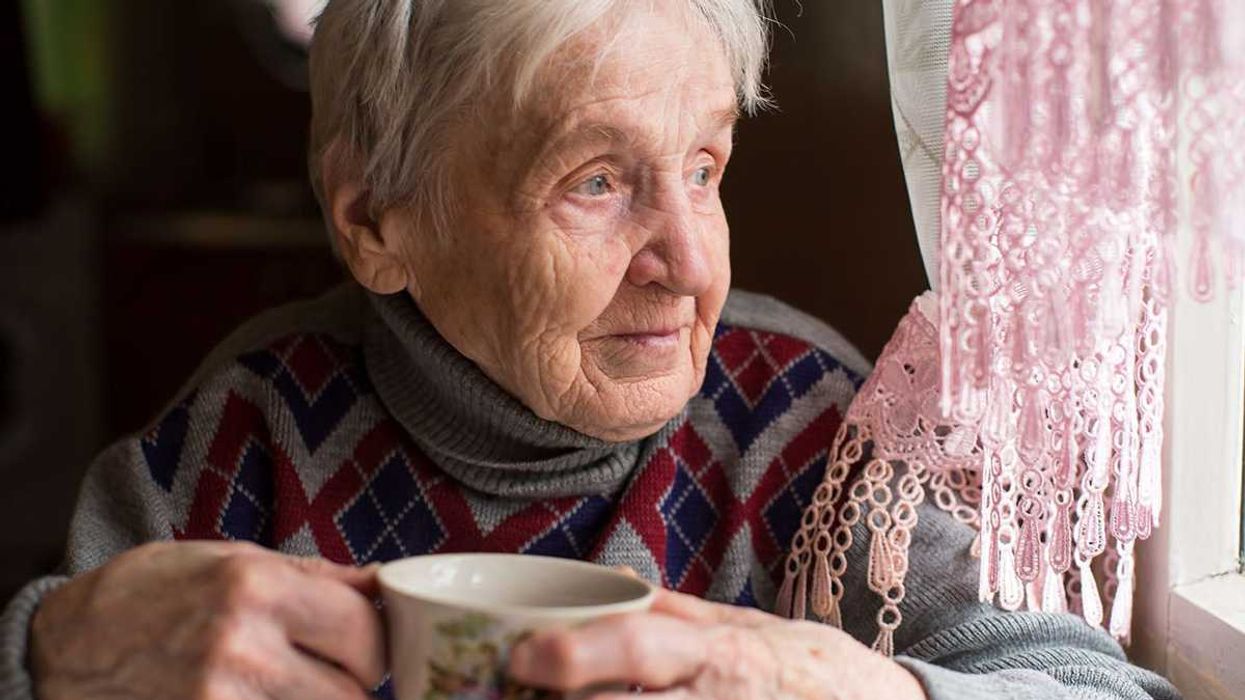 Older woman drinking coffee and looking out the window.Photo credit:
Older woman drinking coffee and looking out the window.Photo credit: 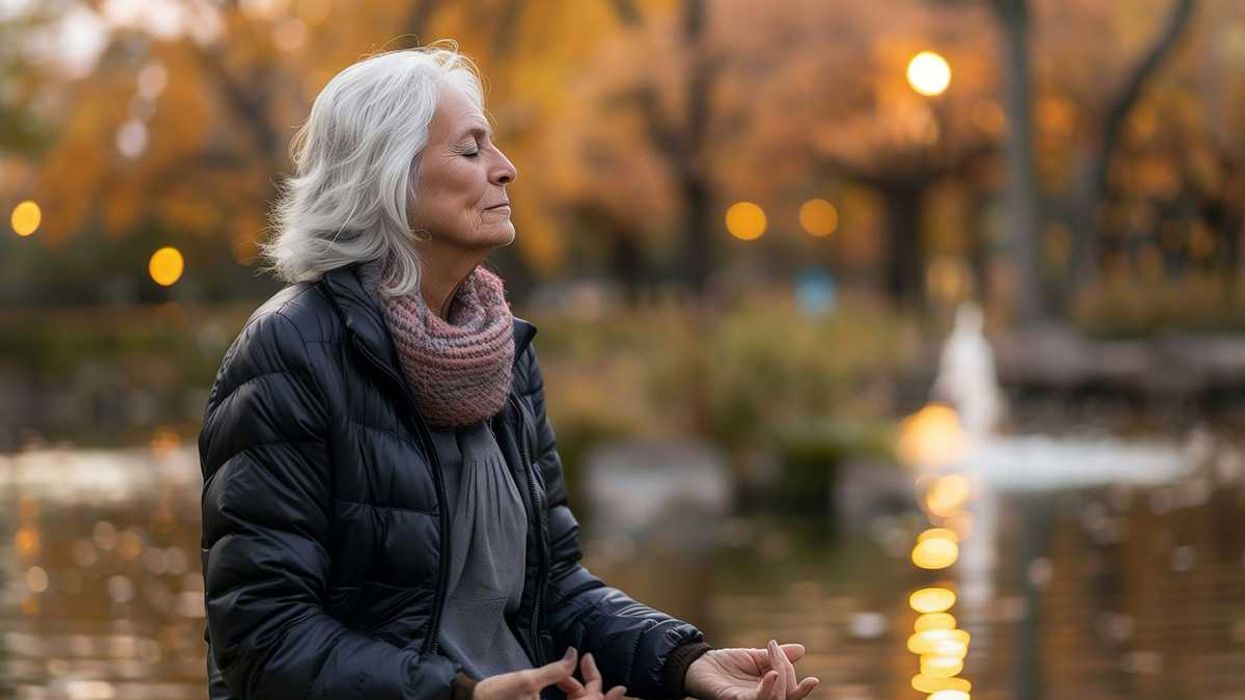 An older woman meditates in a park.Photo credit:
An older woman meditates in a park.Photo credit:  Father and Daughter pose for a family picture.Photo credit:
Father and Daughter pose for a family picture.Photo credit:  Woman receives a vaccine shot.Photo credit:
Woman receives a vaccine shot.Photo credit: 
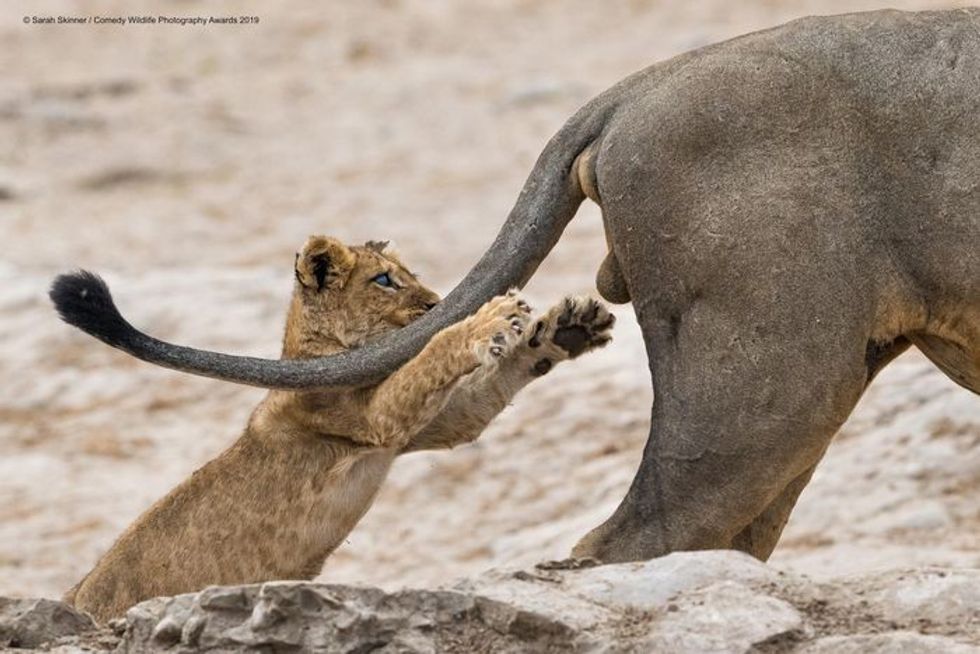 A young lion playing with an older animal
A young lion playing with an older animal A colorful bird appears to be yelling at it a friend
A colorful bird appears to be yelling at it a friend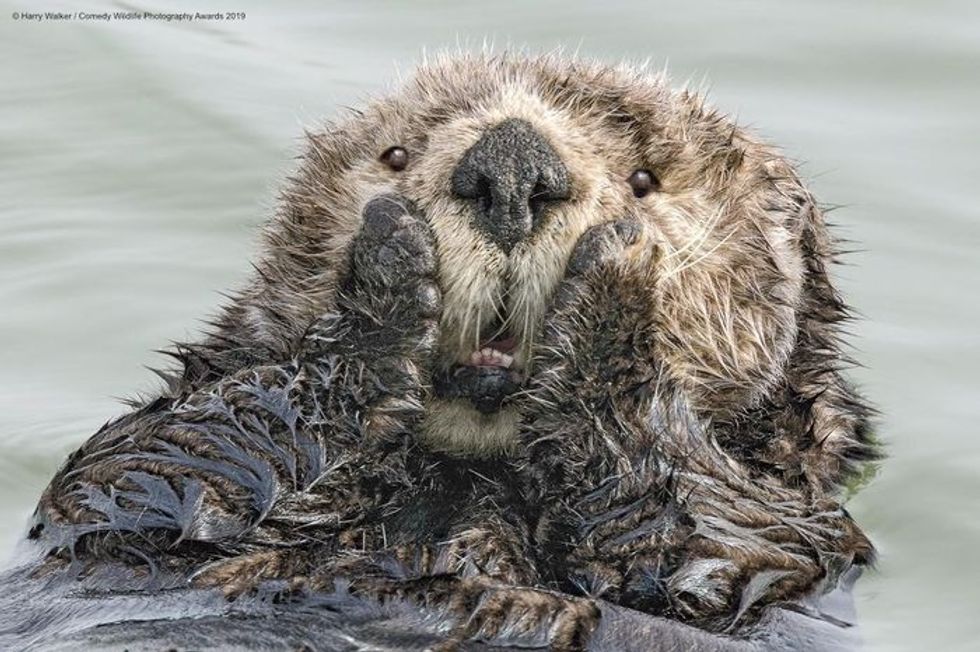 An otter appears like it's holding its face in shock
An otter appears like it's holding its face in shock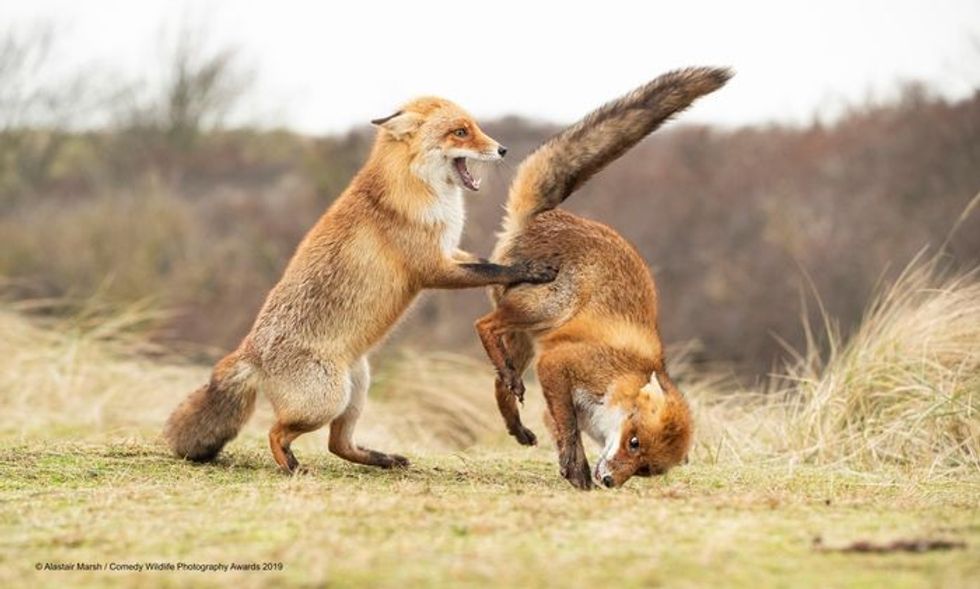 Two young foxes playing in the wild
Two young foxes playing in the wild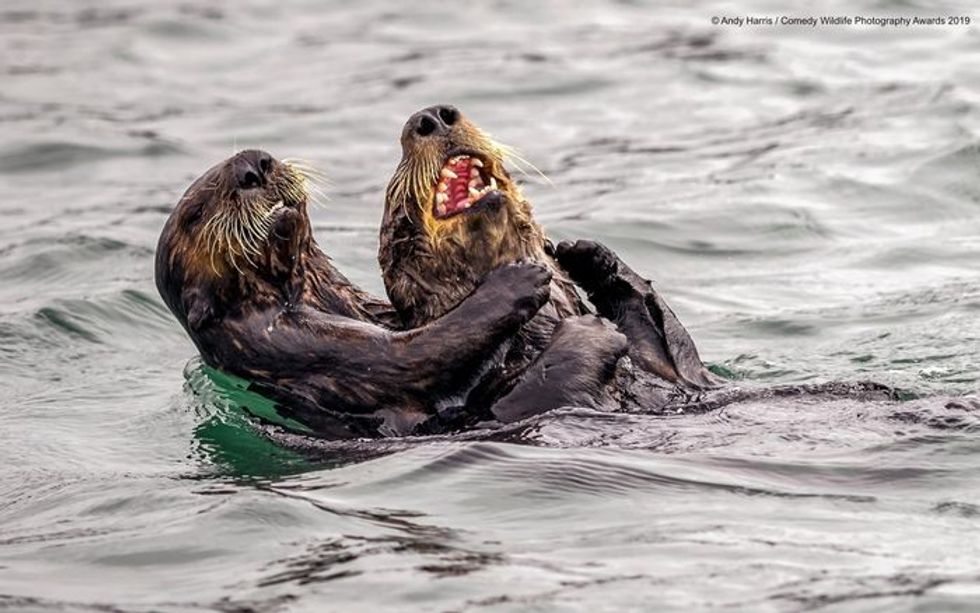 Two otters appear to be laughing together in the water
Two otters appear to be laughing together in the water A fish looks like it's afraid of the shark behind it
A fish looks like it's afraid of the shark behind it A bird appears to be ignoring their partner
A bird appears to be ignoring their partner A squirrel looks like it's trapped in a tree
A squirrel looks like it's trapped in a tree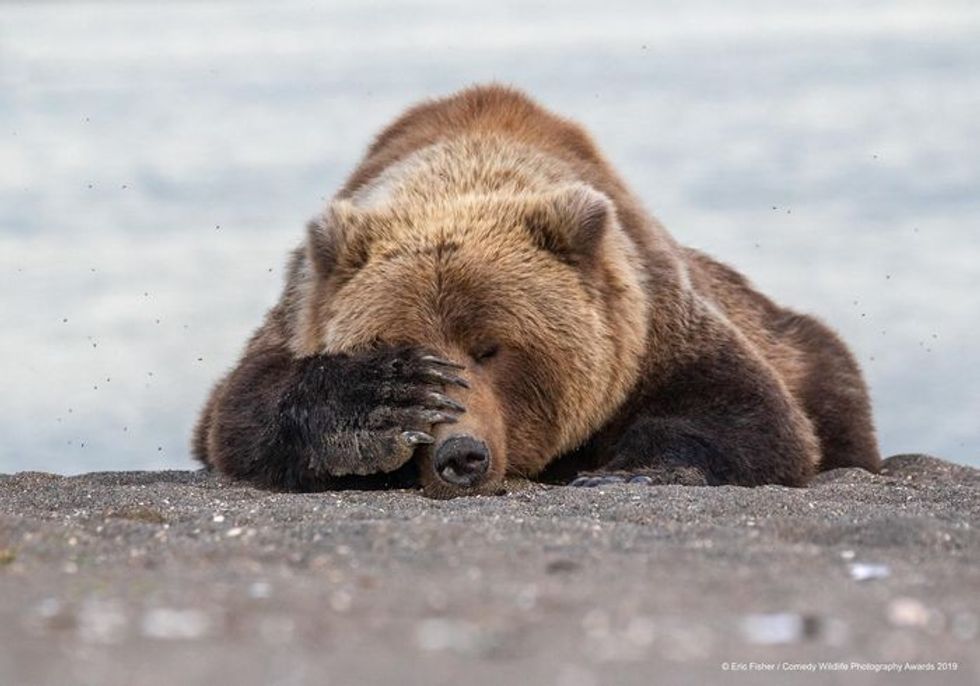 A bear holds hand over face, making it appear like it's exhausted
A bear holds hand over face, making it appear like it's exhausted A penguin looks like its trying to appear inconspicuous
A penguin looks like its trying to appear inconspicuous A young squirrel smells a flower
A young squirrel smells a flower An insect appears to be smiling and waving at the camera
An insect appears to be smiling and waving at the camera An otter lies on its side apparently cracking up laughing
An otter lies on its side apparently cracking up laughing Two monkeys caught procreating
Two monkeys caught procreating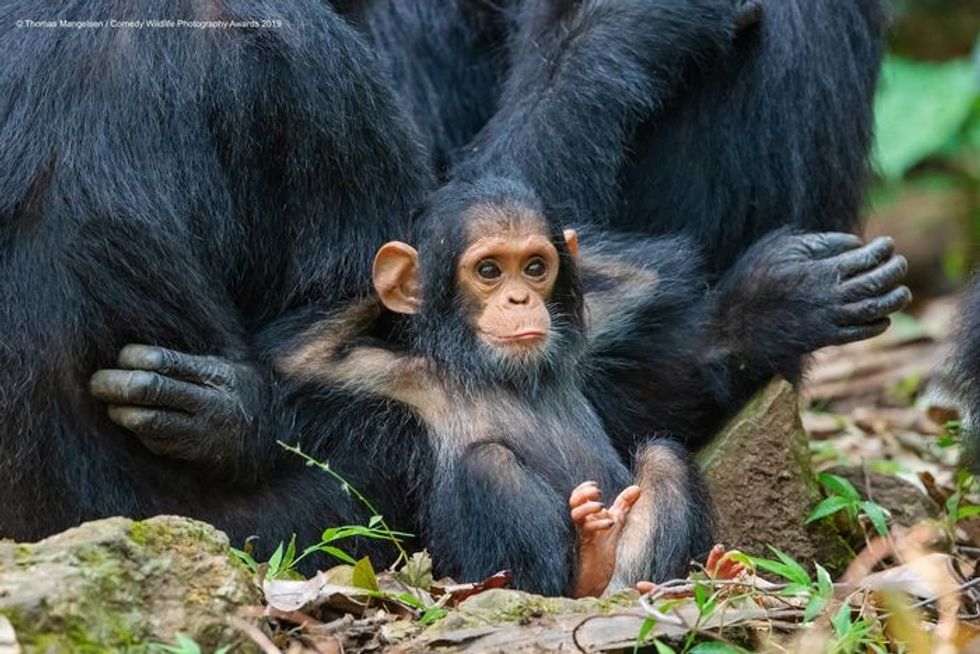 A young chimp relaxes with its hands behind its head
A young chimp relaxes with its hands behind its head A snowy owl appears to be smiling
A snowy owl appears to be smiling  A monkey holds finger to face as if it's lost in thought
A monkey holds finger to face as if it's lost in thought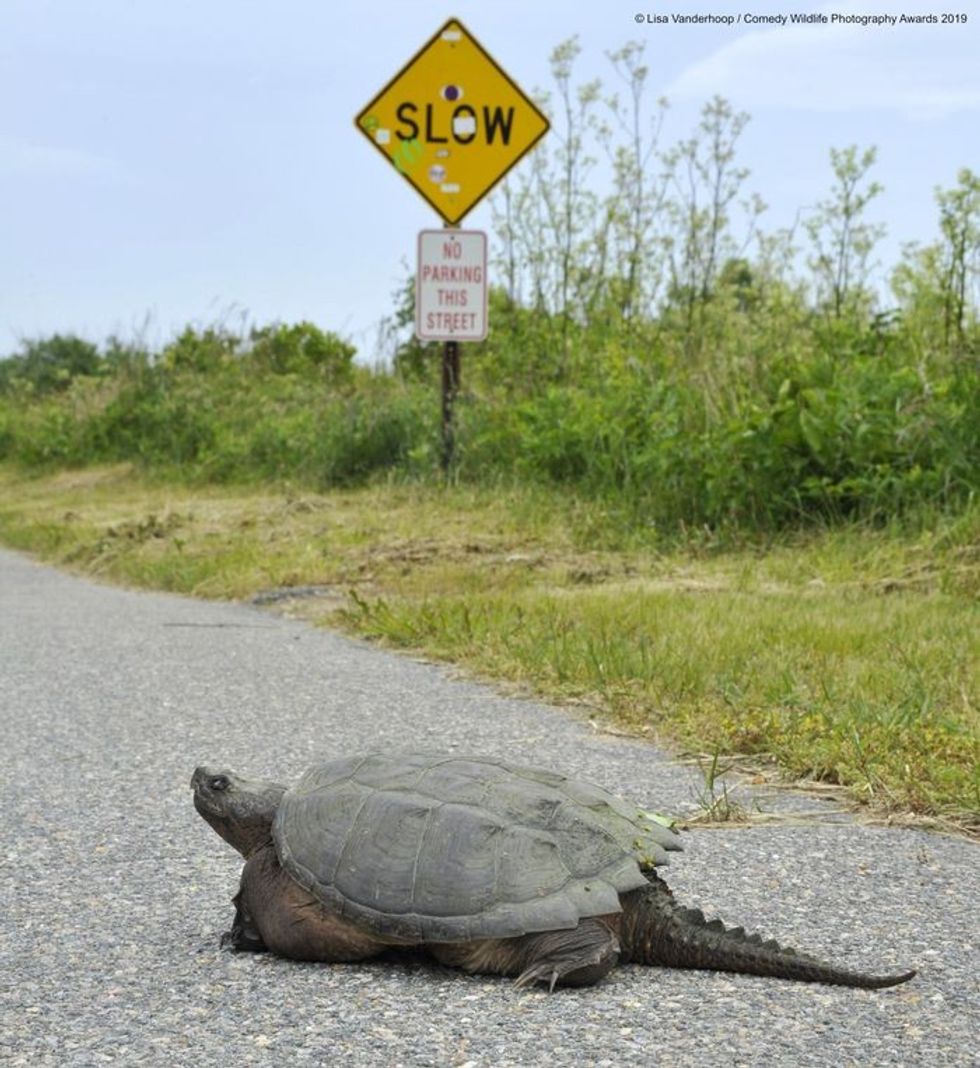 A turtle crossing the road under a 'slow' sign
A turtle crossing the road under a 'slow' sign A polar bear lies on its back like it's trying to hide
A polar bear lies on its back like it's trying to hide A rodent strikes human-like pose
A rodent strikes human-like pose
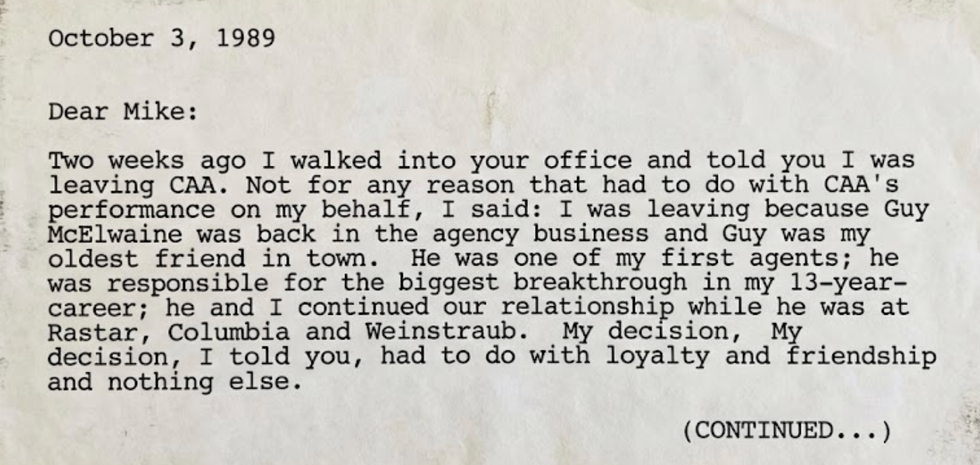 An excerpt of the faxCanva
An excerpt of the faxCanva

 Robert Redford advocating against the demolition of Santa Monica Pier while filming "The Sting" 1973
Robert Redford advocating against the demolition of Santa Monica Pier while filming "The Sting" 1973
